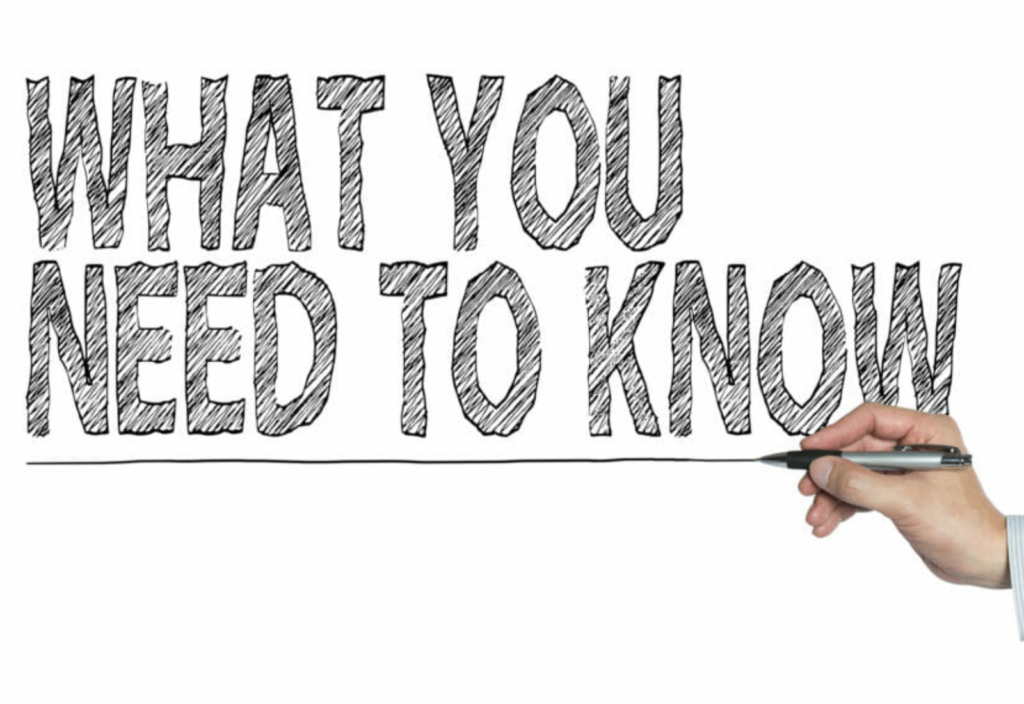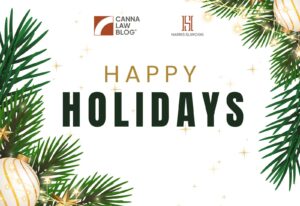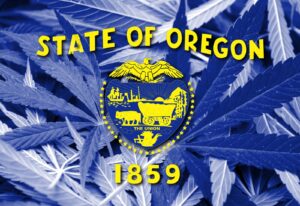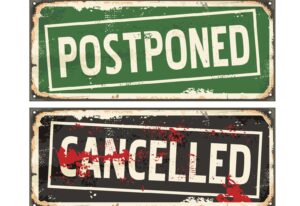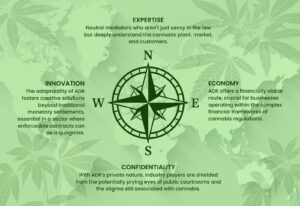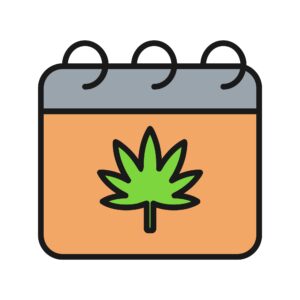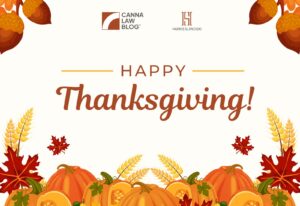Coronavirus has been great for cannabis sales. In most states with approved cannabis programs, both medical and adult use marijuana sales have been designated “essential services” by state and local governments. With this support, the supply chain has weathered the COVID-19 pandemic better than many industries. Still, the pandemic continues unabated and cannabis businesses are far from secure.
Over the past month, the federal government has attempted to throttle the sputtering economy with varying forms of stimulus. Some of the efforts have been undertaken by the Federal Reserve (slashing the federal funds rate; debt purchase commitments) and some by the Internal Revenue Service (pushing out deadlines). But Congress and the President have taken matters further. In this post, I’ll summarize the three “phases” of Congressional stimulus, and their implications for cannabis businesses.
Before diving in, it’s important to draw a bright line between forms of cannabis defined as “hemp” and “marijuana” under federal law. In the 2018 Farm Bill, hemp was removed from the definition of “marijuana” under the federal Controlled Substances Act. Although heavily regulated, hemp is no longer controlled in the classic sense. For this reason, qualified hemp businesses should be entitled to the same stimulus relief as businesses in most other industries. Marijuana businesses will generally be excluded, except that these businesses will incur related obligations with respect to employees as set forth below.
Phase One – Coronavirus Preparedness and Response Supplemental Appropriations Act (HR 6074)
This bill became law on March 6 and focused primarily on domestic and international public health measures. However, it also contained a $20 million grant to the Small Business Administration (SBA) Disaster Relief Fund. On March 11, President Trump instructed the SBA “to exercise available authority to provide capital and liquidity to firms affected by the coronavirus.” The capital would take the form of $50 billion of low-interest loans. Unfortunately for marijuana businesses, SBA was quick to point out that:
Because federal law prohibits the sale and distribution of cannabis, the SBA does not provide financial assistance to businesses that are illegal under federal law. Businesses that aren’t eligible include marijuana growers and dispensers, businesses that sell cannabis products, etc., even if the business is legal under local or state law.
This is not a new SBA position. In 2018, SBA issued a Policy Statement defining “Direct Marijuana Business” and “Indirect Marijuana Business.” The Policy Statement explained that neither type of business is loan eligible. Although the SBA spokesperson did not reference this Policy Statement in the above quote, it is fair to assume the guidance remains in place for HR 6074 and related stimulus.
In response to being left out in the cold, cannabis organizations and trade groups like NORML and NCIA have written to Congress. The letter will likely go nowhere (as usual). Qualified hemp businesses, on the other hand, stand to benefit from the SBA loans. Criteria for those loans can be found here.
Phase Two – Families First Coronavirus Response Act (HR 6201)
HR 6201 was introduced on March 11 and became law one week later, on March 18. It takes effect April 1 (this Wednesday) and sunsets December 3, 2020. The law includes provisions for insurance coverage of coronavirus testing, nutrition assistance, paid sick leave, expansion of the Federal and Medical Leave Act, and unemployment benefits. The final three items are most relevant to cannabis businesses.
Regarding paid sick leave, all businesses (including cannabis businesses) with fewer than 500 employees must provide up to 80 hours (10 days) of paid sick leave if an employee cannot work for a coronavirus-related absence. This includes caring for someone with coronavirus, caring for children because of school or day-care closures, etc. It’s important to note that this is additional paid sick leave over whatever the business may already provide under policy or applicable law. Paid leave is at the employee’s full wage, but is capped at $511/day if the employee is sick or must self-quarantine, or $200/day if the employee must care for others.
HR 6201 also expands the federal Family Medical Leave Act (FMLA). All employers, including cannabis employers, must provide up to 12 weeks of paid FMLA leave to employees who must stay home (and cannot work from home) because of school or daycare closures. The first 2 weeks (10 days) are unpaid, though the employee may get paid sick leave either under this law or under existing sick/PTO policies. The next 10 weeks are paid at 2/3 of employee’s regular wage, capped at $200/day.
With respect to unemployment insurance, HR 6201 includes $1 billion in funding for state-administered unemployment insurance programs. It’s important to note that these funds are transferred from the federal government to the state governments. As such, individual states have the authority to decide for themselves which industries are legally eligible to receive benefits. Cannabis company workers in many states may therefore seek and receive benefits (provided the state is on board and provided the company has been paying its taxes).
The IRS will reimburse employers for 100% of the cost of paid sick leave, either through payroll tax credits and/or direct payment refunds. IRS guidance is silent on whether marijuana businesses would be eligible for this relief, but given the plain language of Internal Revenue Code § 280E, it seems unlikely. As with everything else, hemp businesses should be OK.
Phase Three – Coronavirus Aid, Relief, and Economic Security Act (S 3548)
The CARES Act is massive. Enacted on March 27, it provides $2 trillion in stimulus, including cash payments to individuals, $500 billion in corporate aid, $100 billion to health-care providers, $150 billion to state and local governments and $349 billion in small business loans. The bailout likely does nothing for marijuana businesses given its structure, but should help qualified hemp operators.
Under the CARES Act, small businesses can receive loans to cover payroll expenses, health care benefits, employee salaries, rent, utilities and interest on mortgage debt. To qualify for these “Paycheck Protection Program” loans, businesses must employ 500 employees or less, including all full-time and part-time employees. Nearly all U.S. hemp businesses fall into this category. For a full summary of the Paycheck Protection Program loans, go here.
Interestingly, and unlike with typical SBA loans, Paycheck Protection Program borrowers do not need to provide security or personal guarantees. These loans are also forgivable in many circumstances. Because the CARES Act delegates lending authority to banks and credit unions, potentially eligible hemp businesses should reach out to their banks and credit unions directly (although loan interest rates, maturity dates, and other terms will be set by the Treasury Department).
With respect to marijuana businesses, federal law still prohibits bank involvement except as contemplated by the ancient Financial Crimes Enforcement Network guidance (FIN-2014-G001). In general, financial institutions remain hesitant to service the industry—especially in any capacity beyond basic merchant services—given anti-money laundering concerns and Bank Secrecy Act requirements. Marijuana businesses may technically qualify to receive federal assistance under the Paycheck Protection Program, but it seems unlikely those loans would be administered. I would love to be wrong about this.










